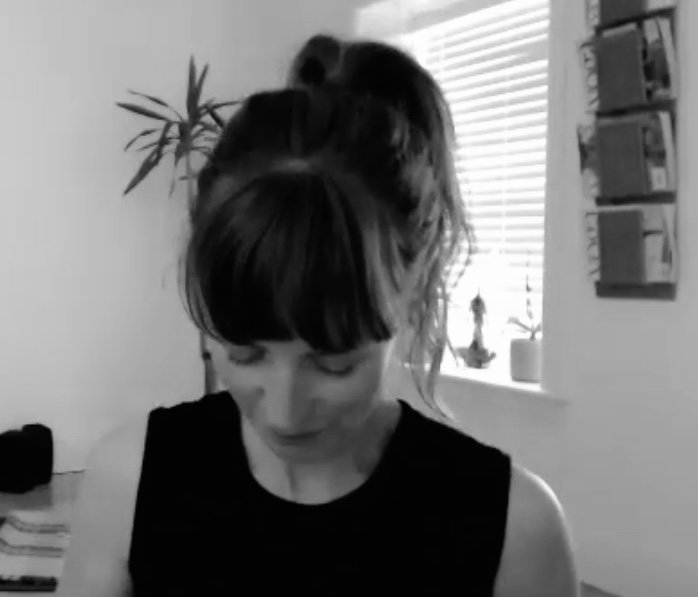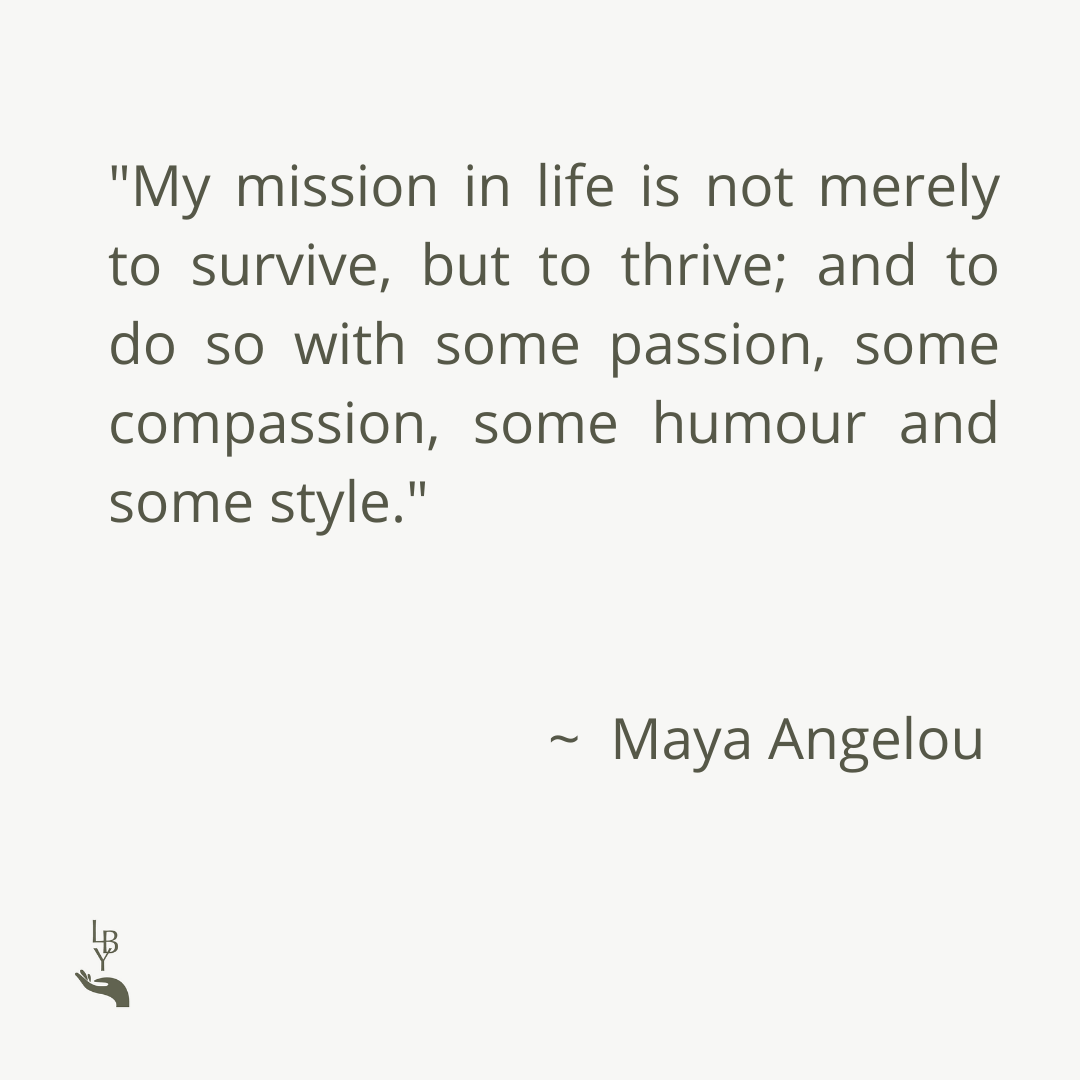Women's History Month
Women’s History Month reminds us to celebrate the most influential female figures in our life: family members, childhood inspirations, teachers, mentors, bosses, colleagues, women in our community and of course, our friends.
Here are some of the women that inspire me:
Maya Angelou’s work will always be relevant. Heartachingly beautiful and sad simultaneously. I Know Why The Caged Bird Sings is a good place to start if you’re new to her work and if you can, watch Alan Yentobs Imagine a BBC documentary.
I've always been drawn to narratives about women's lives and their stories. During lockdown I've picked up personal essays and memoirs, most notably: Gloria Steinem and her Outrageous Acts and Everyday Rebellions (third edition). A collection of essays that she wrote from the 1970’s onwards and which are still shockingly relevant today.
Arundhati Roy’s Azadi (Freedom : Fascism : Ficton) is a series of essays that asks us to reflect on the meaning of Freedom in a world of growing Authoritarianism. The last essay in the series The Pandemic is a Portal was published last year in the Financial Times, it's free to read online. I remember reading this at the time and thinking that she writes with a chilling beauty about confrontational and horrifying subject matters. This article was published just as the pandemic was revealing itself to us globally.
If you don’t know of Vananda Shiva’s works then please read the interview she did with the BBC on Why The Food We Eat Matters. Vananda Shiva is an Indian scholar, environmental activist, food sovereignty advocate, and anti-globalization author. Based in Delhi, Vananda Shiva has written more than 20 books and is one of the leaders and board members of the International Forum on Globalization, and a figure of the anti-globalization movement
I wanted to become best friends with Michelle Obama after reading Becoming. It is utterly captivating, the narrative is empowering and emanates a depth of warmth that I hadn’t expected. Mentoring is such a powerful force of good and her work with children and young adults is truly inspiring.
In my early 20's I discovered Dervla Murphy and she continues to be an enormous inspiration to me. I had inherited a love of travel from my father but her books kindled adventure on an epic scale. I feel privileged to have travelled in some of her footsteps, to countries she has written about with insight, passion and always with a cultural and historical narrative. Read the Guardian interview published Jan 2018. I admire her courage, her kindness for those she encounters, her respect for customs of the countries she travels in and especially in her outspoken and candid reflections on the injustices she sees and experiences.
Another remarkable Irish woman who had a remarkable life is Onnagh Shanley Tuffolo, her life story is told in The Voice of Silence. Its from her book that I was introduced to the poem:
A Strong Women -vs- A Woman of Strength
A strong woman works out everyday to keep her body in shape...
but a woman of strength builds relationships to keep her soul in shape.
A strong woman isn't afraid of anything ...
but a woman of strength shows courage in the midst of fear.
A strong woman won't let anyone get the better of her...
but the woman of strength gives the best of herself to everyone.
A strong woman makes mistakes and avoids the same in the future...
A woman of strength realises life's mistakes can also be unexpected blessings, and capitalises on them.
A strong woman wears a look of confidence on her face...
but a woman of strength wears grace.
A strong woman has faith that she is strong enough for the journey...
but the woman of strength has faith that it is in the journey that she will become strong.
(Author unknown)
In March 2021, the murder of Sarah Everard caused large numbers of women to protest and speak out against violence against women. Two journalistic pieces that left an impression on me are Jennifer Connolly’s piece in the Irish Times and Anne Enright’s piece for The Guardian:“Violence against women’, ‘an abusive home’ ... too often, men are removed from discussions of male violence – because that is the way they like it”, writes Anne Enright. She goes on to say “We always speak of women's safety. Let's talk about male violence instead.” How many of us have spoken or thought these same words that opened Jennifer Connolly’s piece: “Just in the taxi, I’ll be home in 15 minutes. Don’t go down the lane. Avoid the building site. Be back before it gets dark. Buzz me when you get in. Text me the number of your taxi. You’re not getting the bus at this time? You’re not going for a run on your own? Did I double lock the door? Why is he sitting so close? Where are my keys? Why is he staring? Why is he walking so fast? Why has he stopped? Am I safe? This is the secret language of women. It is a language of silent prayers, dire warnings, private deals with fate.”
I’ll finish with celebrating the NUIG Professorship awarded to Rióna Ní Fhrighil, a friend, neighbour and an inspiration to me. This is a significant post to be awarded, latest figures show women remain under-represented at senior levels in higher education and especially in the university sector. While women make up about half of university lecturers, they account for just under a quarter of professors. Rióna is leading a four-year project with two other colleagues; Republic of Conscience: Human Rights and Modern Irish Poetry, which examines the literary techniques adopted by Irish poets to respond to international human rights conflicts and violations from 1914 to the present.
“It’s how our power empowers others that makes women’s voices so vital.” ~ Amanda Gorman.


